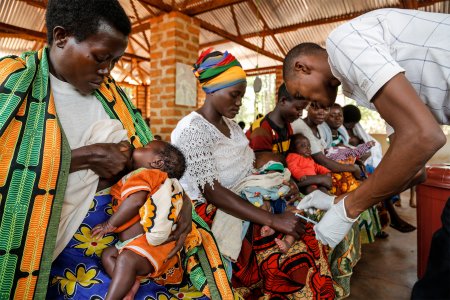 Louise Annaud
Analysis
Louise Annaud
Analysis
05/01/1994
Rony Brauman
For the publication of the Dictionnaire d'Ethique et de philosophie morale, the former president of Médecins Sans Frontières, Rony Brauman, offers a definition of humanitarian aid.
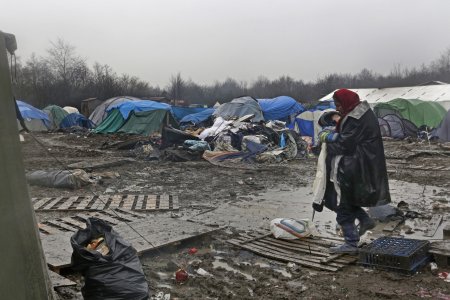 Jon Levy
Analysis
Jon Levy
Analysis
11/24/2016
Angélique Muller
Michaël Neuman
This article was originally published in Humanitarian Exchange Magazine #67 in September 2016. In this paper, Angélique Muller and Michaël Neuman attempt to explore the lessons learnt through examining the decisions as well as the difficulties MSF encountered in its provision of assistance to migrants in Grande-Synthe.
 Analysis
Analysis
12/05/2006
Xavier Crombé
MSF is an independent organisation that carefully protects its autonomy. In this article, Xavier Crombé draws the connection between this founding principle and the issue of security for humanitarian actors.
 Analysis
Analysis
07/03/2014
Rony Brauman
Michaël Neuman
We often hear it said within MSF that the aid system is unable to provide effective relief, or that the aid system’s ability to provide aid is in decline. These statements, which suggest that MSF is itself outside the "system", are based on the very real number of people in relief operations who need help but do not receive it, or do not receive enough of it.
 Analysis
Analysis
10/01/1996
Rony Brauman
Behind the question, "Is humanitarianism a commitment?", Rony Brauman warns against the use of humanitarianism in the public arena. Investing the political realm with the moral expectations of a better world, humanitarianism might unintentionally be helping to make "survival of the fittest" more palatable.
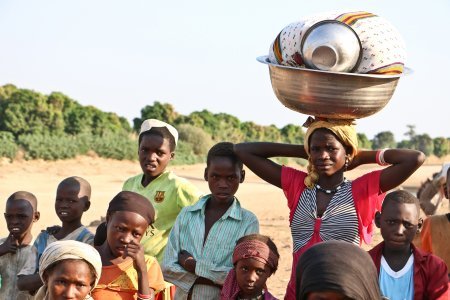 Analysis
Analysis
10/01/2006
Rony Brauman
All observers agree that in many respects, the Biafran War of 1967-70 was the founding event of the modern humanitarian aid movement. First, it was the scene of the first large-scale action by private aid groups and the Red Cross in a post-colonial world.
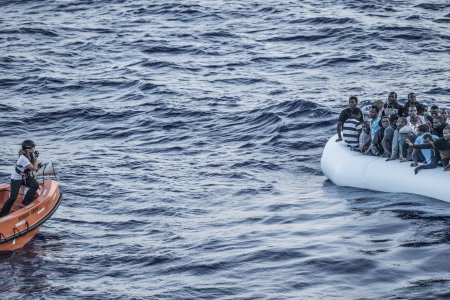 Francesco Zizola
Analysis
Francesco Zizola
Analysis
01/30/2015
Fabrice Weissman
This article is an English translation of an interview of Fabrice Weissman about the State of the Humanitarian Sector, in Revue Internationale et Stratégique (n°98, 2015/2) published by the Institut de Relations Internationales et Stratégiques
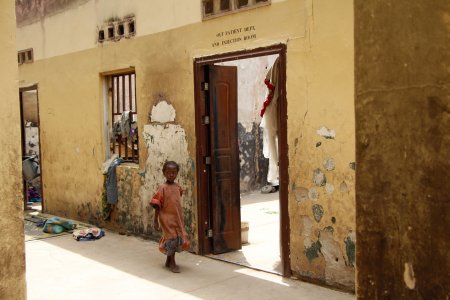 Benoit Finck
Analysis
Benoit Finck
Analysis
07/25/2016
Rony Brauman
Rony Brauman focuses on the humanitarian environment and practices in war, in order to try to understand and analyze its political and ethical stakes. Starting with the creation of the Red Cross at the end of the XIXth century, he then focused on the contemporary postcolonial period, switching between various scales and reporting on contradictory points of view and issues.
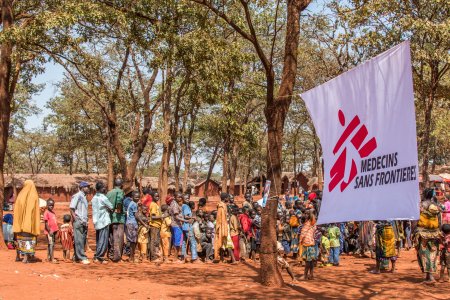 La responsabilité humanitaire
Analysis
La responsabilité humanitaire
Analysis
11/01/2001
Rony Brauman
Rony Brauman reminds us that humanitarian organisations cannot evaluate their actions solely by the yardstick of the means they implement, but that they have a responsibility to consider the real consequences of their actions.
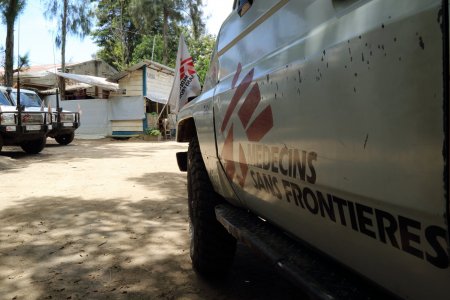 Philippe Pothon
Opinion
Philippe Pothon
Opinion
12/11/2011
Rony Brauman
Rony Brauman discusses several aspects and issues related humanitarian action as well as the good reasons to wish Médecins sans frontières a happy 40th anniversary.
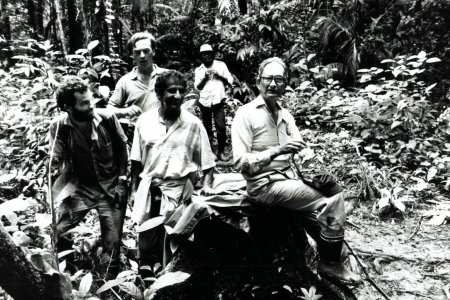 MSF
Analysis
MSF
Analysis
02/15/2017
Michaël Neuman
This article has been inspired by an analysis conducted by MSF-Crash of humanitarian security management and why and in what ways it is evolving. We endeavour not only to describe humanitarian imagery, but to analyse its consequences - the risks it generates for aid workers operating in perilous situations.
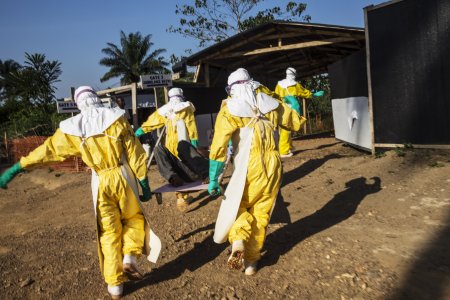 Anna Surinyach
Cahier
Anna Surinyach
Cahier
01/01/2017
Rony Brauman
Michèle Beck
The question of quality in the work of Médecins Sans Frontières has been asked from the very beginning of MSF's existence. On the one hand, the issue of improving the quality of practice is a part of ordinary professional activity; on the other hand, Médecins Sans Frontières' work involved working in distant lands and very specific environments, which demanded adjustments to medical practice as a result.
 Louise Annaud
Analysis
Louise Annaud
Analysis








